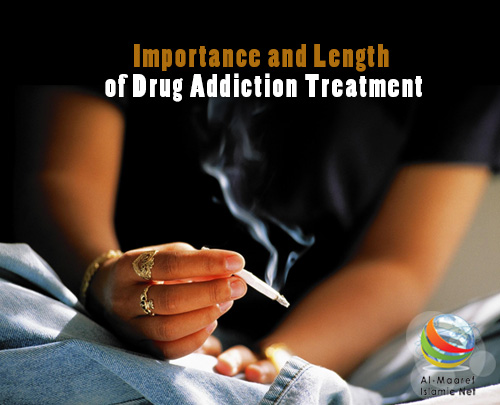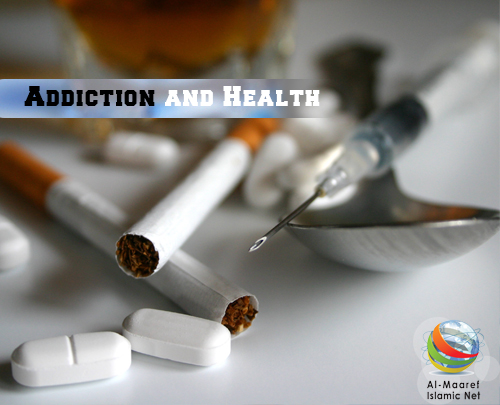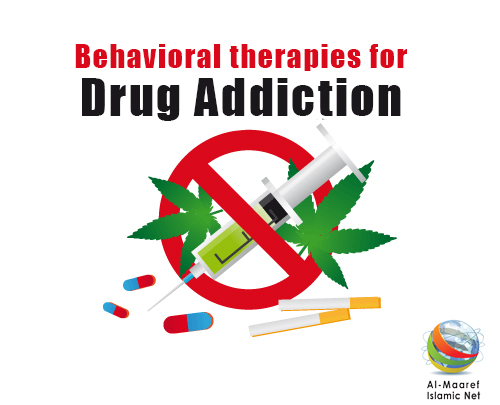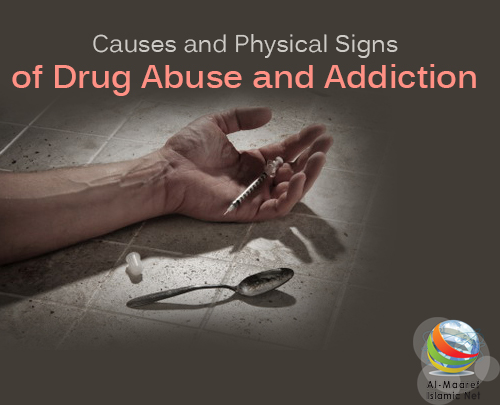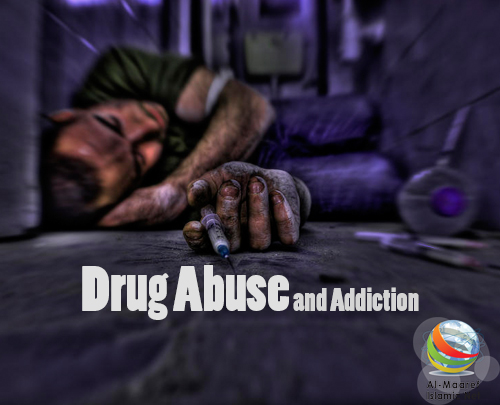Is drug addiction treatment worth its cost?
Substance abuse costs our Nation over one half-trillion dollars annually, and
treatment can help reduce these costs. Drug addiction treatment has been shown
to reduce associated health and social costs by far more than the cost of the
treatment itself. Treatment is also much less expensive than its alternatives,
such as incarcerating addicted persons. For example, the average cost for 1 full
year of methadone maintenance treatment is approximately $4,700 per patient,
whereas 1 full year of imprisonment costs approximately $24,000 per person.
Drug addiction treatment reduces drug use and its associated health and social
costs.
According to several conservative estimates, every $1 invested in addiction
treatment programs yields a return of between $4 and $7 in reduced drug-related
crime, criminal justice costs, and theft. When savings related to health care
are included, total savings can exceed costs by a ratio of 12 to 1. Major
savings to the individual and to society also stem from fewer interpersonal
conflicts; greater workplace productivity; and fewer drug-related accidents,
including overdoses and deaths.
How long does drug addiction treatment usually last?
Individuals progress through drug addiction treatment at various rates, so there
is no pre-determined length of treatment. However, research has shown
unequivocally that good outcomes are contingent on adequate treatment length.
Generally, for residential or outpatient treatment, participation for less than
90 days is of limited effectiveness, and treatment lasting significantly longer
is recommended for maintaining positive outcomes. For methadone maintenance, 12
months is considered the minimum, and some opioid-addicted individuals continue
to benefit from methadone maintenance for many years.
Good outcomes are contingent on adequate treatment length.
Treatment dropout is one of the major problems encountered by treatment
programs; therefore, motivational techniques that can keep patients engaged will
also improve outcomes. By viewing addiction as a chronic disease and offering
continuing care and monitoring, programs can succeed, but this will often
require multiple episodes of treatment and readily re-admitting patients that
have relapsed.
* Source: www.nida.nih


